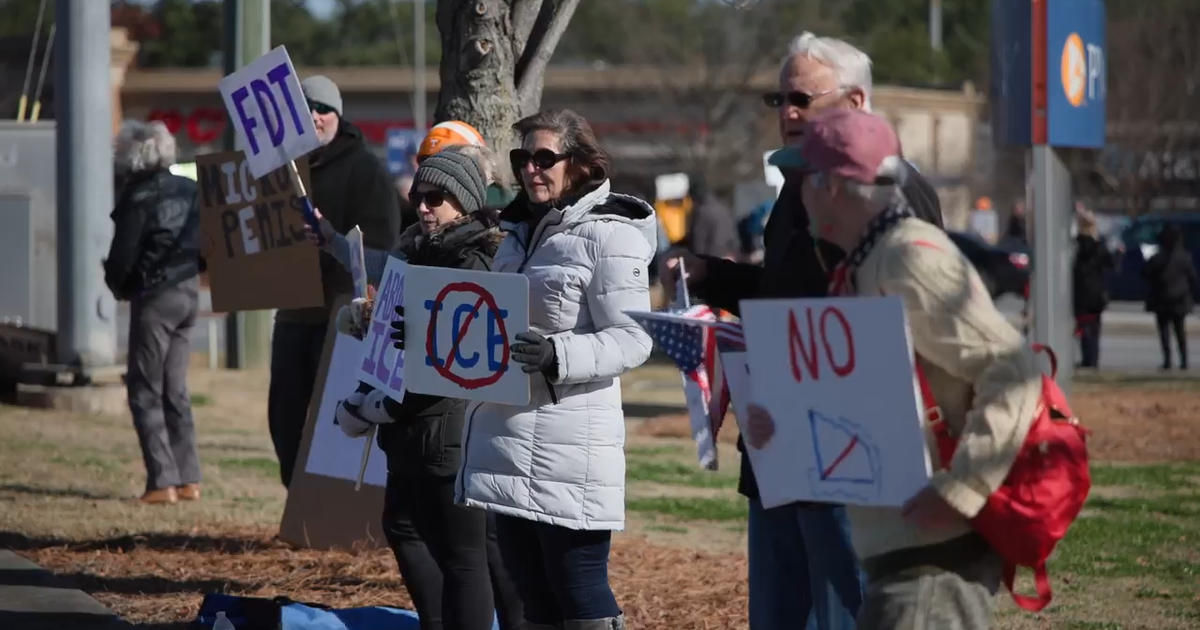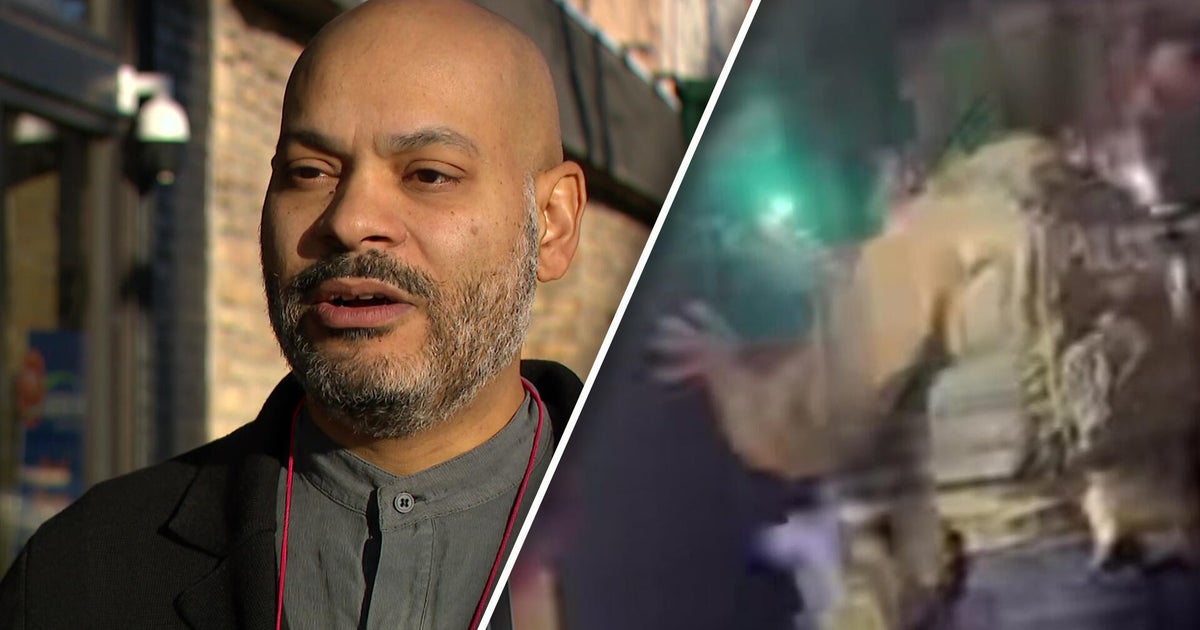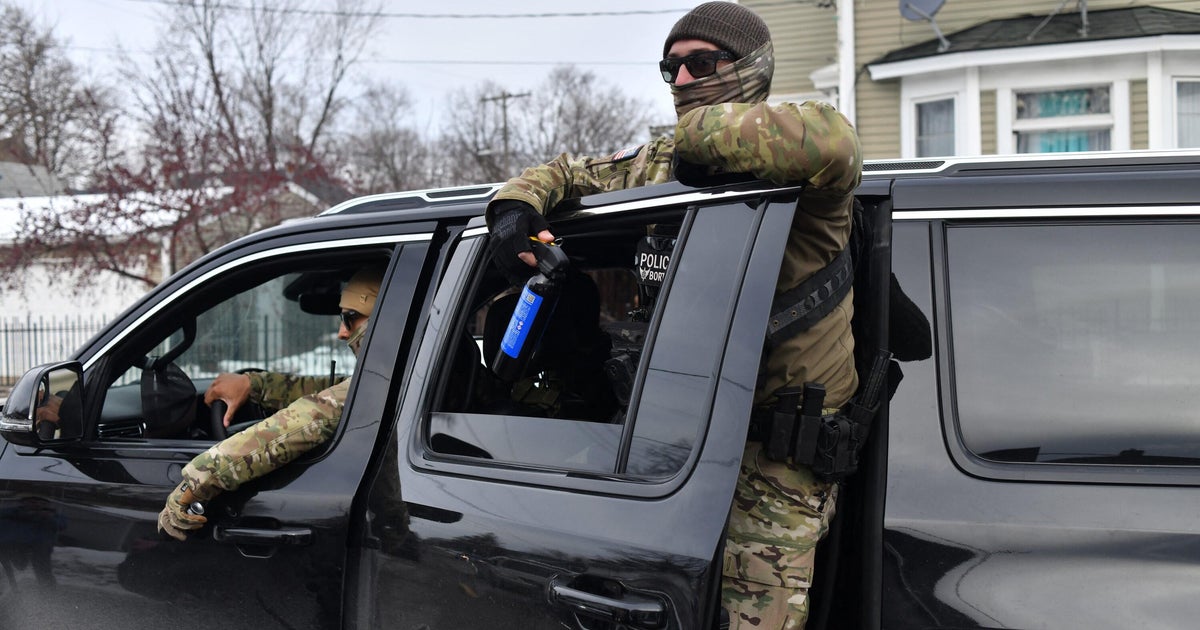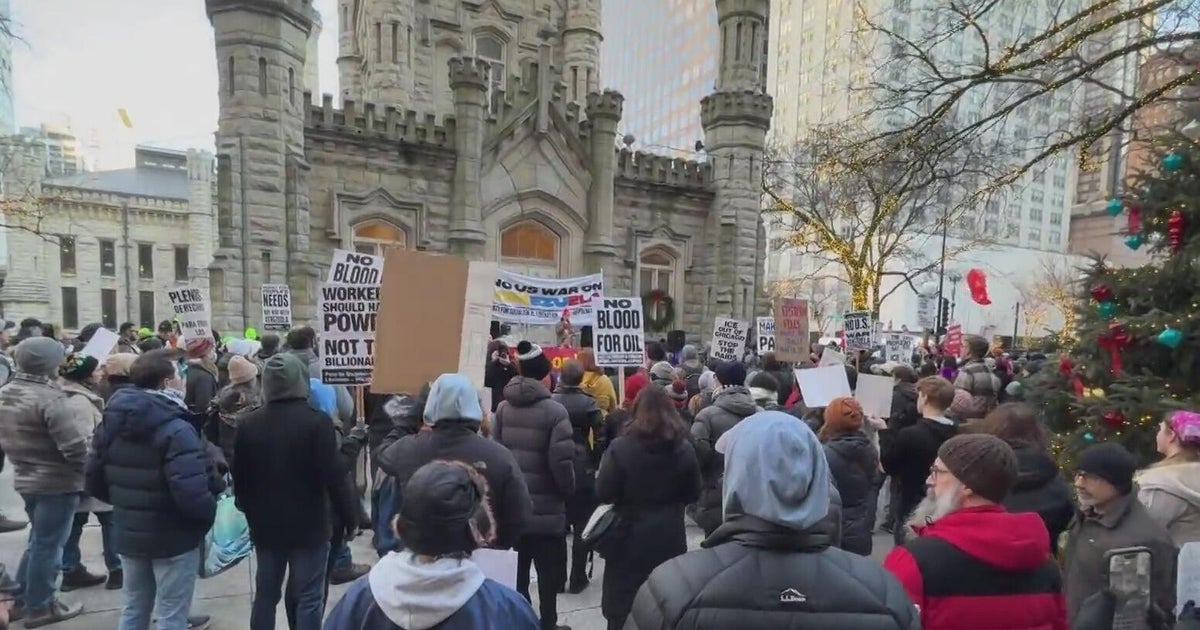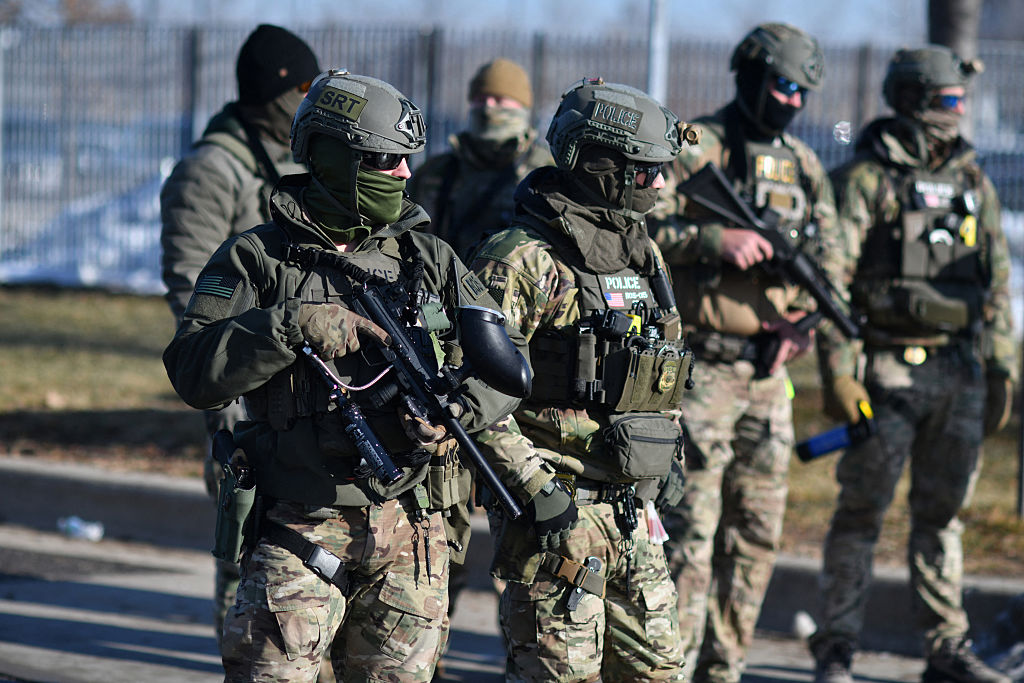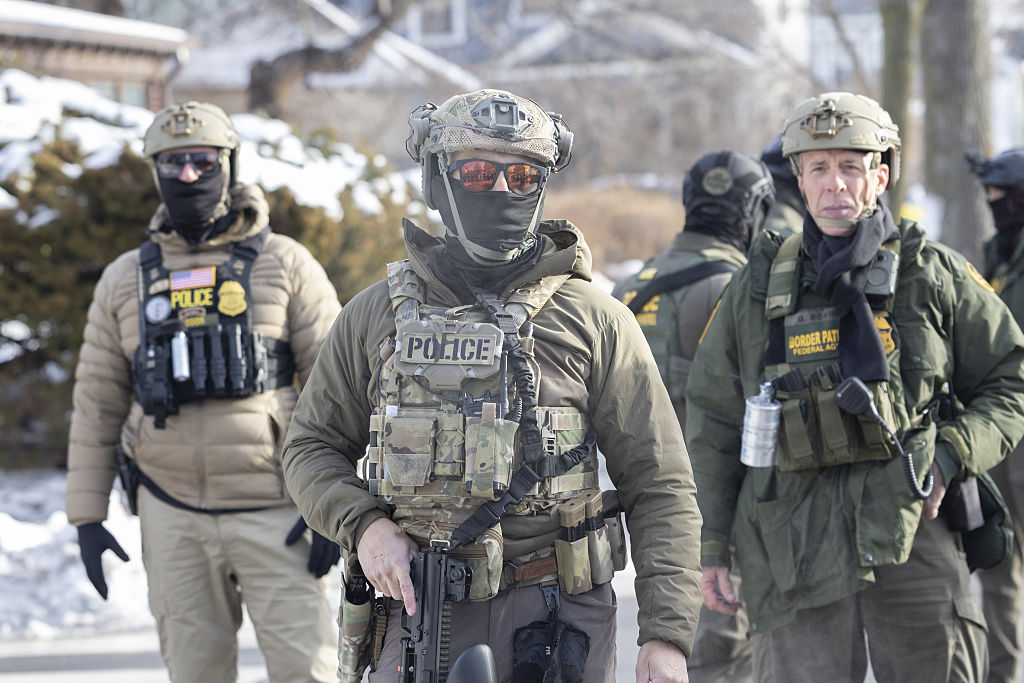Minneapolis police chief apologizes to George Floyd's family, says his department contributed to city's "deficit of hope"
The chief of the Minneapolis police on Thursday apologized to the family of 46-year-old George Floyd and acknowledged his department's role in the "deficit of hope" across his city even prior to Floyd's death.
"I am absolutely sorry for the pain, the devastation and trauma that Mr. Floyd's death has left on his family, his loved ones, our community in Minneapolis and certainly across the country and the world," Police Chief Medaria Arradondo said in a news conference.
Floyd was seen in a disturbing video repeatedly crying and moaning that he couldn't breathe as a white Minneapolis officer pressed his knee into the handcuffed man's neck for more than five minutes. Floyd's death sparked widespread outrage, demonstrations and calls for the officer to be charged. Protests turned violent on Tuesday and Wednesday night with some protesters setting fires to buildings and structures.
"I know that there is currently a deficit of hope in our city," Arradondo said. "As I wear this uniform before you, I know that this department has contributed to that deficit of hope, but I will not allow to continue to increase that deficit."
Arradondo said he understands the anger and pain and said he will ensure people can continue to come together and gather in spaces in order to grieve and honor Floyd. He said, however, he can't allow "criminal" behavior that hurts the rest of the community by keeping others from essential needs and services and threatening their safety.
The police chief said the vast majority of protesters were demonstrating peacefully, but there was a "core group of people causing some destruction." He said most of the damage is believed to be caused by non-Minneapolis residents.
Council Vice President Andrea Jenkins, who started her remarks by singing "Amazing Grace," also called for "peace and calm on our streets."
"Today ... is a sad day for America. It's a sad day for the world," she said. "You have every absolute right to be angry, to be upset, to be mad, to express your anger, however, you have no right to perpetrate violence and harm on the very communities that you say that you are standing up for."
Jenkins also called on state and local officials to declare racism a public health emergency. "We feel as if there was a knee on all of our collective necks, a knee that says black lives does not matter," she said.
She added: "Until we name this virus, this disease, that has infected America for the past 400 years, we will never, ever resolve this issue."
Later Thursday, Governor Tim Walz activated the National Guard after the protests in Minneapolis and St. Paul. "It is time to rebuild. Rebuild the city, rebuild our justice system, and rebuild the relationship between law enforcement and those they're charged to protect," Walz said in a statement.
"George Floyd's death should lead to justice and systemic change, not more death and destruction," Walz added.
